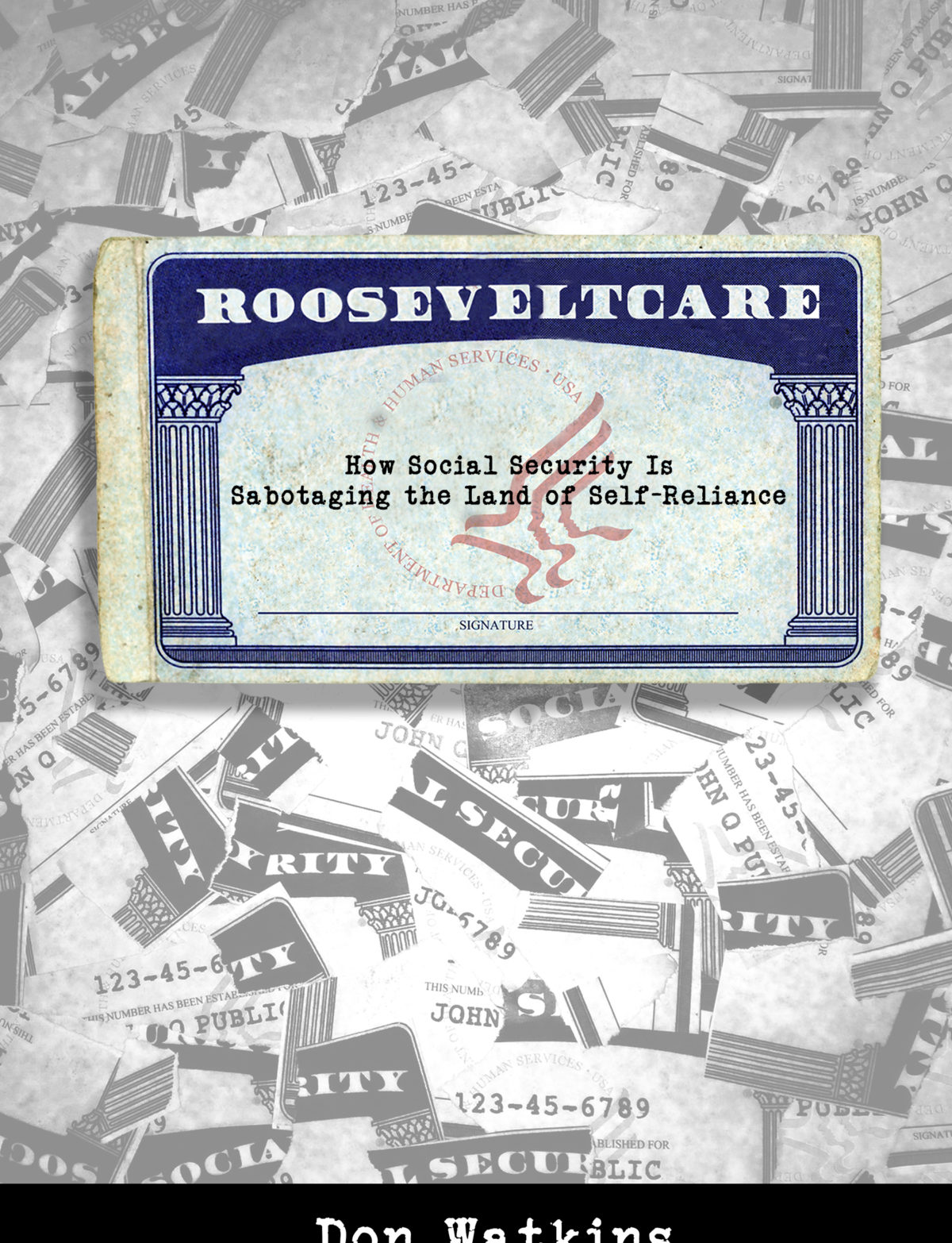 In speeches and press releases, the president has claimed that by assuming greater control over the health care industry, the government will be able to reduce the amount of money Americans spend on health care—while simultaneously improving the quality of care they receive.
In speeches and press releases, the president has claimed that by assuming greater control over the health care industry, the government will be able to reduce the amount of money Americans spend on health care—while simultaneously improving the quality of care they receive.
How do President Obama and the Democrats pushing for health care reform propose to accomplish this feat? One of the key elements of their plan is reducing wasteful spending. Obama insists that government can do a better job of reducing waste than individuals and businesses can when they make their own health care choices. In fact, the president has declared that he can save “$500 billion over 10 years” by “rooting out waste and fraud and promoting quality and accountability.”
In a recent editorial, TU Guest Editor Amit Ghate challenges these claims at their root. Examining the issue in both economic and philosophic terms, he contrasts the nature of the decision-making process of individuals spending their own money to that of governments spending other people’s wealth. He writes, “When men are free to pursue their own values, they’re incentivized to act carefully. Notably, they evaluate their purchases to ensure that what they receive is worth more to them than what they give up — they profit from their exchanges.” He then goes on to show how radically this changes—in any area of the economy—when government usurps the individual’s ability to decide for himself what he values.


